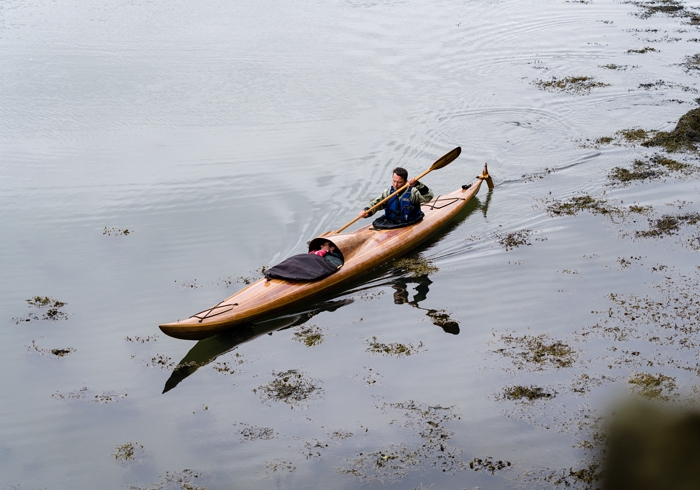Three years in the planning, Groundwork is an ambitious season of contemporary art at venues across west Cornwall. With an emphasis on moving image, sound and performance, the programme makes much of its aim – like so many others with at least one eye on satisfying the funding bodies that make it possible – to ‘develop connections between the visual arts and other specialist fields’ and to ‘build on strong working relationships with [local] institutions’. It is distinguished by the degree to which it succeeds.
A sprawling array of BT radio telescopes, at Goonhilly Earth Station, and a Victorian schoolhouse offer contrasting examples of how ‘the visual arts and other specialist fields’ might invigorate abandoned local infrastructures. Goonhilly is currently being adapted for the purpose of space communication, and its battery storage station, under the shadow of the thirty-metre-diameter dishes named after characters from Arthurian legend, hosts short films by artist duo Semiconductor and Simon Starling. Combining footage of a celestial event with scenes from the editing suite and a voiceover – by the twelfth incarnation of Dr Who, Peter Capaldi, no less – linking astronomy to the birth of cinema, Starling’s Black Drop (2012) puts forward that the histories of art, science and fiction are more intimately entwined than is normally acknowledged.
That entanglement is also addressed by Steve McQueen’s unsettling Gravesend (2007), impeccably installed at the aforementioned schoolhouse in Helston, now refurbished as the Cornubian Arts and Sciences Trust (CAST). Juxtaposing different stages in the extraction of the rare earth mineral coltan – footage of black hands panning streams for nuggets in the Democratic Republic of Congo cut with the whirring choreography of robots in a laboratory – the short film belies the rhetoric of perfect lightness and freedom attached by tech companies to touchscreen devices, of which coltan is a constituent. An animated journey down the Congo River – with its explicit reference to that chronicle of colonial exploitation and the clash of civilisations, Joseph Conrad’s Heart of Darkness (1899) – leave the viewer in little doubt about the point that McQueen is making.
The local economy of west Cornwall was for a long time itself dependent on its tin mines, a link exploited in a multimedia installation by Christina Mackie at Godolphin, a sixteenth-century mansion now managed by the National Trust. Taking inspiration from the processes by which minerals are formed, the videos, photocopies, powdered rocks and ceramic sculptures of The Judges II (2015) are splayed across, in and under a crossword of trestle tables and furniture from the room, while a blue police siren whirs noiselessly over the scene. The relationship between silence and sound is also developed in a new commission by Manon de Boer, whose typically delicate and attentive short-film portrait of three young local musicians at play (Bella, Maia and Nick (From nothing to something to something else, Part 1), 2018) is exhibited at Kestle Barton, a short drive away. Back at CAST, the lapping of waves is the restful soundtrack to a film by Adam Chodzko, who has been mutely paddling insomniacs down a local river in the handbuilt kayak-turned-viewing-platform that he calls Ghost (2010–).
Sean Lynch’s film Latoon (2006–15) returns to the encounter between different systems of knowledge. Exhibited on a box monitor among the gas masks, agricultural machinery and model railways that clutter Helston’s charmingly unreconstructed museum, the nine-minute film tells the unexpectedly moving story of a local folklorist’s successful campaign to preserve a fairy fort in the west of Ireland from the construction of a new road. As I coincidentally found myself driving past – or rather around, as the bypass now curves to accommodate it – that same whitethorn bush last night on my way home to a referendum that has cut Ireland in half, the film’s message about the difficulties of reconciling opposed value systems seemed anything other than whimsical. Groundwork offers some small hope that dialogue – whether across disciplines, in solidarity with the oppressed, or between the international artworld and rural communities – is still possible.
Groundwork runs across various venues in Cornwall, through September 2018
